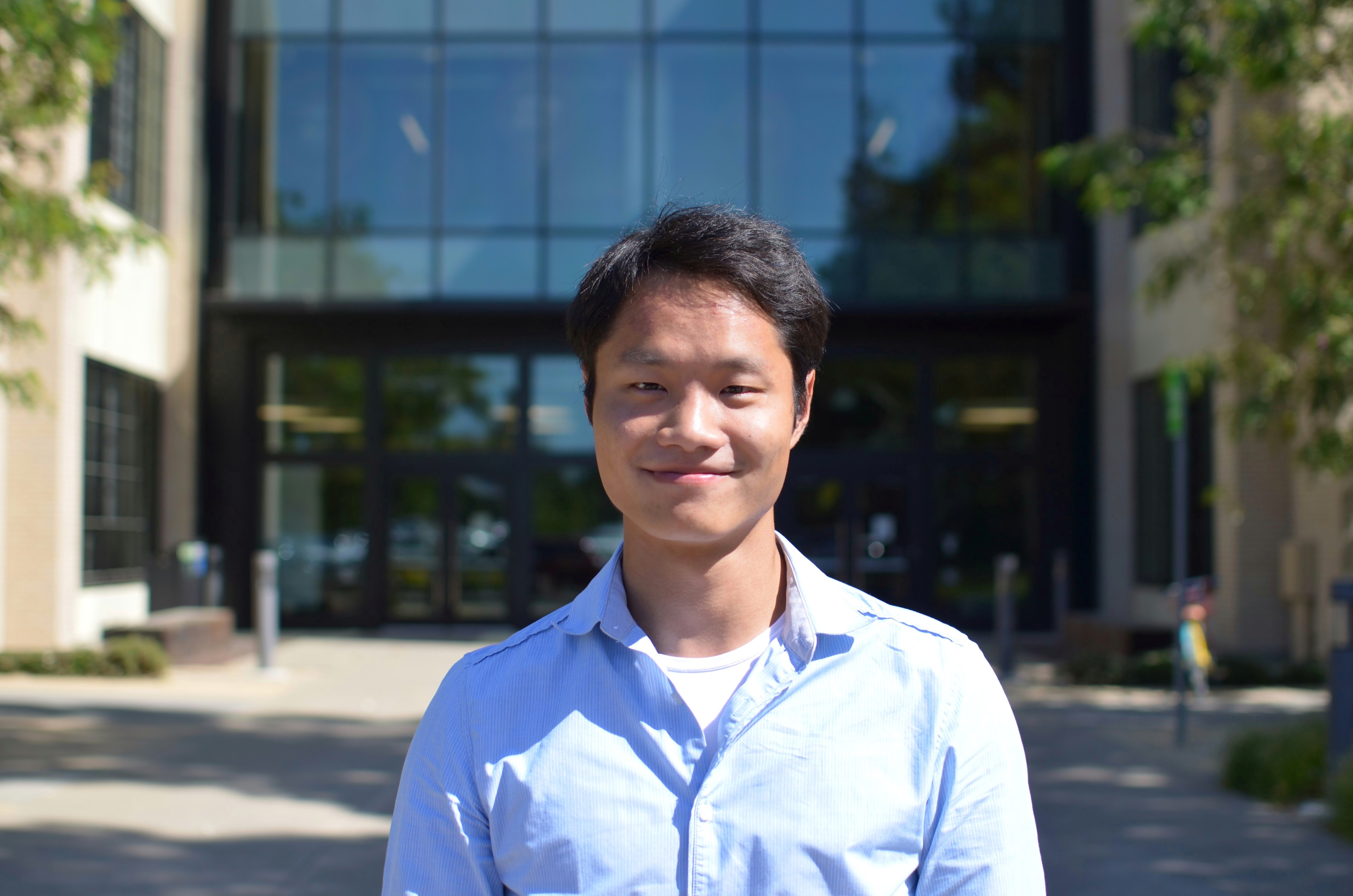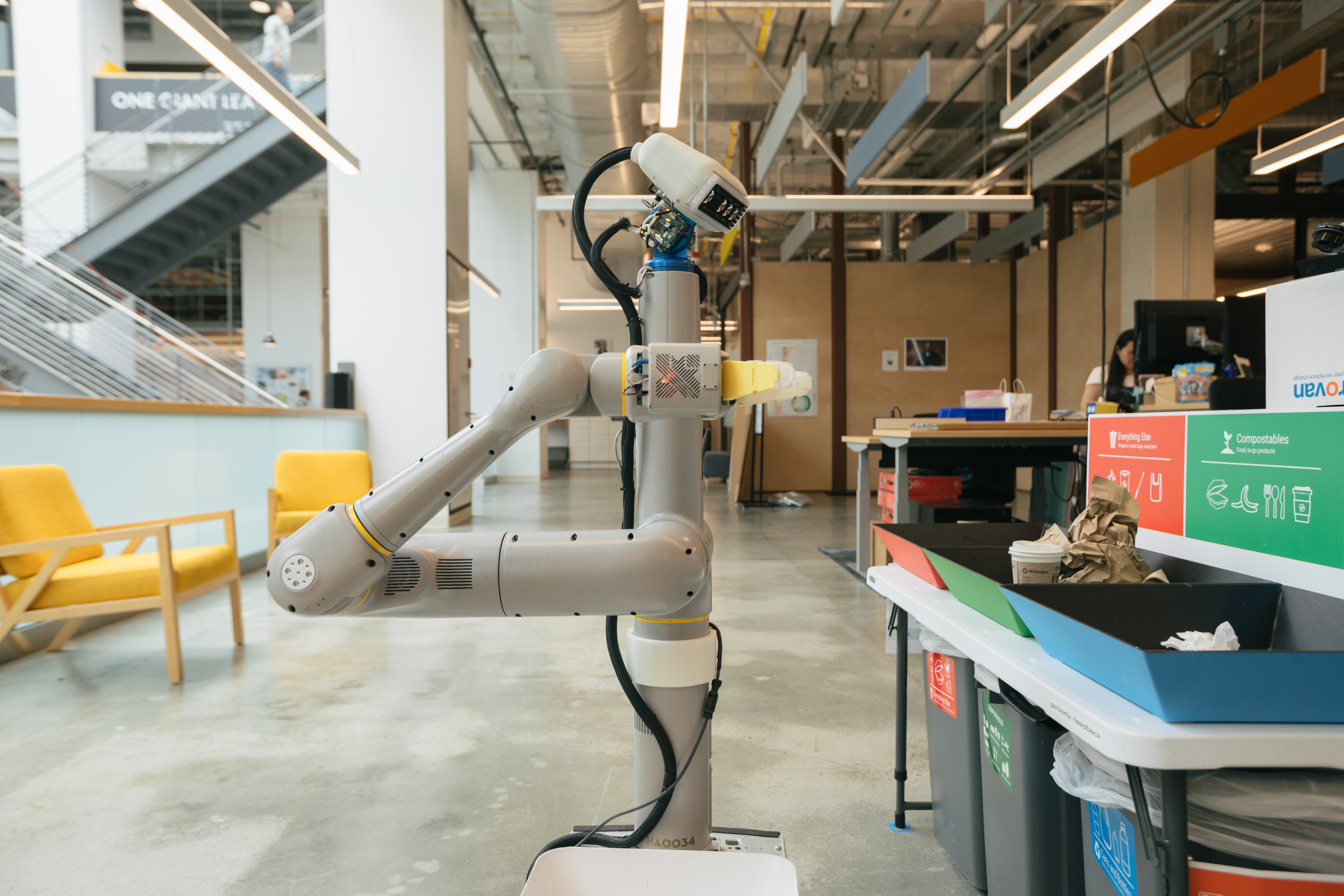Exploring robotics
Adrian liked the idea of building things to improve people’s lives and decided to study engineering at the University of Cambridge. However, he wasn’t sure which branch of engineering to specialise in and applied for the ELS programme to gain exposure to the different sectors, as well as for the training and professional development opportunities.
Adrian spent his ELS funding ongoing to Robotics Science and Systems (RSS), which is one of the top robotics conferences in the world. “Attending RSS was a rare opportunity for me as an undergraduate to learn more about the state-of-the-art in other areas of robotics, and also participate in discussions with some of the leading roboticists from around the world,” he says. After graduating, Adrian joined Google as a software engineer working on the machine intelligence team.

Google DeepMind
For a year, he applied machine learning to personalisation and recommendation products, before joining the robotics team, which has evolved into Google DeepMind robotics (formerly Google X/Everyday Robot Project). “My team worked on making robots as helpful to people in the physical world as computers are now in the virtual world. I developed algorithms and infrastructure for deep reinforcement learning, so that we can create robots that can learn and do multiple tasks, rather than being painstakingly coded to do specific tasks,” he explains.
In 2022, Adrian joined a new machine learning research team at Wayve, a UK-based startup that develops AI software for self-driving vehicles. Adrian worked on large-scale pretraining and reinforcement learning to improve driving performance.
He is now a member of technical staff at Physical Intelligence, a San Francisco-based startup. “We are trying to develop a model that will allow any robot to do any task,” he says. Some of his team’s work over the past year includes π-0 (their first model demonstrating dexterous manipulation across multiple tasks and robots) and π-0.5 (their latest model, capable of generalising to totally unseen environments in the real world).
Harnessing networks
Adrian credits the ELS programme with helping him break into the robotics industry but it is the contacts that he has made that have proved beneficial in the long term. “Being a part of the programme has greatly expanded my professional network, and a few of the awardees from my cohort have become very close friends of mine,” he says.

Words of encouragement
He encourages students from underrepresented groups to apply. “The lack of diversity in engineering is a very real problem that hurts everyone, and I hope that the ELS programme can be a force for change in promoting equity in the industry.”
Interested in participating in the Engineering Leaders Scholarship?
Visit the programme pages to find out more about how it could benefit you and your career.
